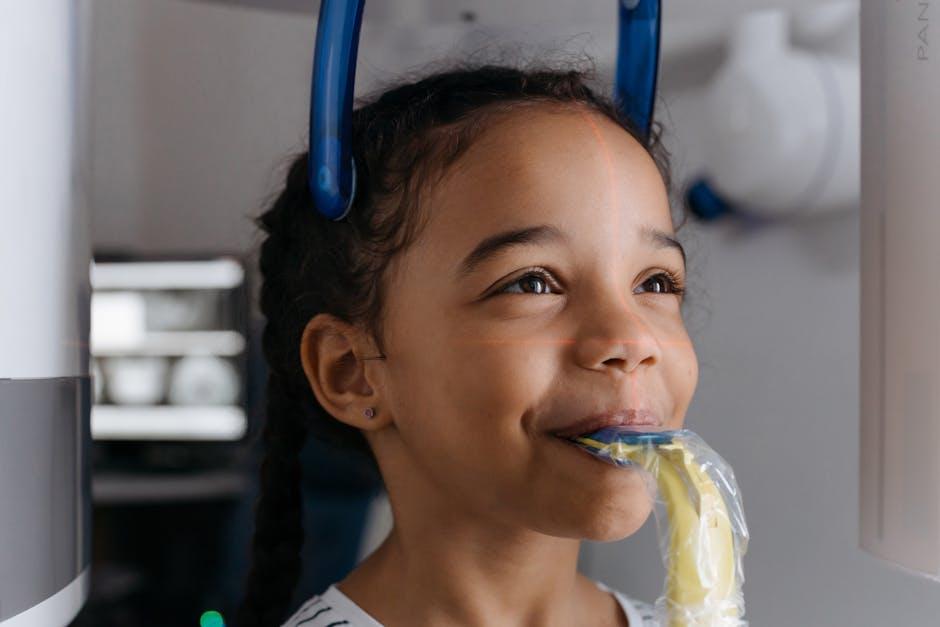
1 in 3 Kids Has Dental Problems, Poll Finds – U.S. News & World Report
According to a recent poll highlighted by U.S. News & World Report, dental health problems affect 1 in 3 children in the United States. This alarming statistic shines a spotlight on the critical importance of pediatric dental care and preventive habits to ensure children maintain healthy smiles. In this article, we’ll explore the underlying causes contributing to poor dental health in kids, practical tips for parents, and how early intervention can make a lasting difference.
Understanding the Scope: Why Are Pediatric Dental Problems So Common?
Cavities, gum disease, and other oral health issues are among the most prevalent chronic conditions in children. The poll that revealed that one-third of American kids are affected by dental problems also indicated several key contributing factors:
- Dietary habits: Increased consumption of sugary snacks and drinks promote tooth decay.
- Inadequate oral hygiene: Irregular brushing and flossing habits among kids.
- Lack of access to dental care: Economic and geographic barriers prevent timely dental visits.
- Parental awareness: Some caregivers are unaware of the importance of early dental care for children.
The Impact of Untreated Dental Problems in Children
Dental diseases can have a significant impact on a child’s overall well-being. Unaddressed oral health issues may lead to:
- Pain and discomfort affecting eating and speaking
- Absenteeism from school due to dental pain or infections
- Development of chronic infections potentially affecting other organs
- Lower self-esteem and social challenges due to visible dental issues
Dental Health Statistics at a Glance
| Statistic | Value |
|---|---|
| Children with dental problems | 33% |
| Children who visited dentist in last year | 54% |
| Children with untreated cavities | 20% |
| Homes lacking fluoridated water access | 15% |
How Parents Can Help: Practical Tips for Preventing Dental Problems
While the statistics may seem discouraging, the good news is that many dental issues can be prevented with simple, consistent habits and professional guidance. Parents and caregivers play a vital role by adopting these strategies:
1. Establish a Consistent Oral Hygiene Routine
- Brush your child’s teeth at least twice daily with fluoride toothpaste.
- Teach proper brushing techniques suitable for your child’s age.
- Introduce flossing as soon as two teeth touch to remove plaque between teeth.
2. Limit Sugary and Acidic Foods
- Reduce frequent snacking on candy, cookies, and sugary drinks.
- Encourage water or milk instead of sodas and fruit juices.
3. Schedule Regular Dental Visits
- Visit a pediatric dentist by the child’s first birthday or within six months of the first tooth eruption.
- Keep regular check-ups every six months or as recommended.
4. Utilize Fluoride and Dental Sealants
- Use fluoride toothpaste and ask your dentist about topical fluoride treatments.
- Dental sealants protect the chewing surfaces of molars from decay.
Case Study: Transforming a Child’s Dental Health Through Early Intervention
One real-world example highlights the power of early care:
“When 5-year-old Mia started showing signs of tooth sensitivity and white spots, her parents took quick action. After a pediatric dental checkup, early-stage cavities were treated with fluoride varnish and dietary changes. Within a year, Mia’s dental health was significantly improved, and she developed a lifelong habit of brushing twice daily.”
This case underscores how parental involvement and professional care can reverse early dental problems and prevent progression.
The Benefits of Good Dental Health for Kids
Maintaining healthy teeth and gums from an early age offers numerous benefits, including:
- Prevention of cavities and gum disease
- Reduced school absenteeism and discomfort
- Improved speech development and nutrition
- Enhanced confidence with a bright smile
- Lower future dental treatment costs
Conclusion
The recent poll from U.S. News & World Report revealing that 1 in 3 kids faces dental problems is a wake-up call for parents, caregivers, and healthcare providers alike. Early and consistent care, dietary mindfulness, and regular dental visits can dramatically reduce this statistic and promote lifelong oral health. Remember: a healthy smile is an essential part of overall health and well-being – starting from childhood.
If you’re concerned about your child’s dental health, consult a pediatric dentist today and take proactive steps to keep those tiny teeth strong and healthy!


